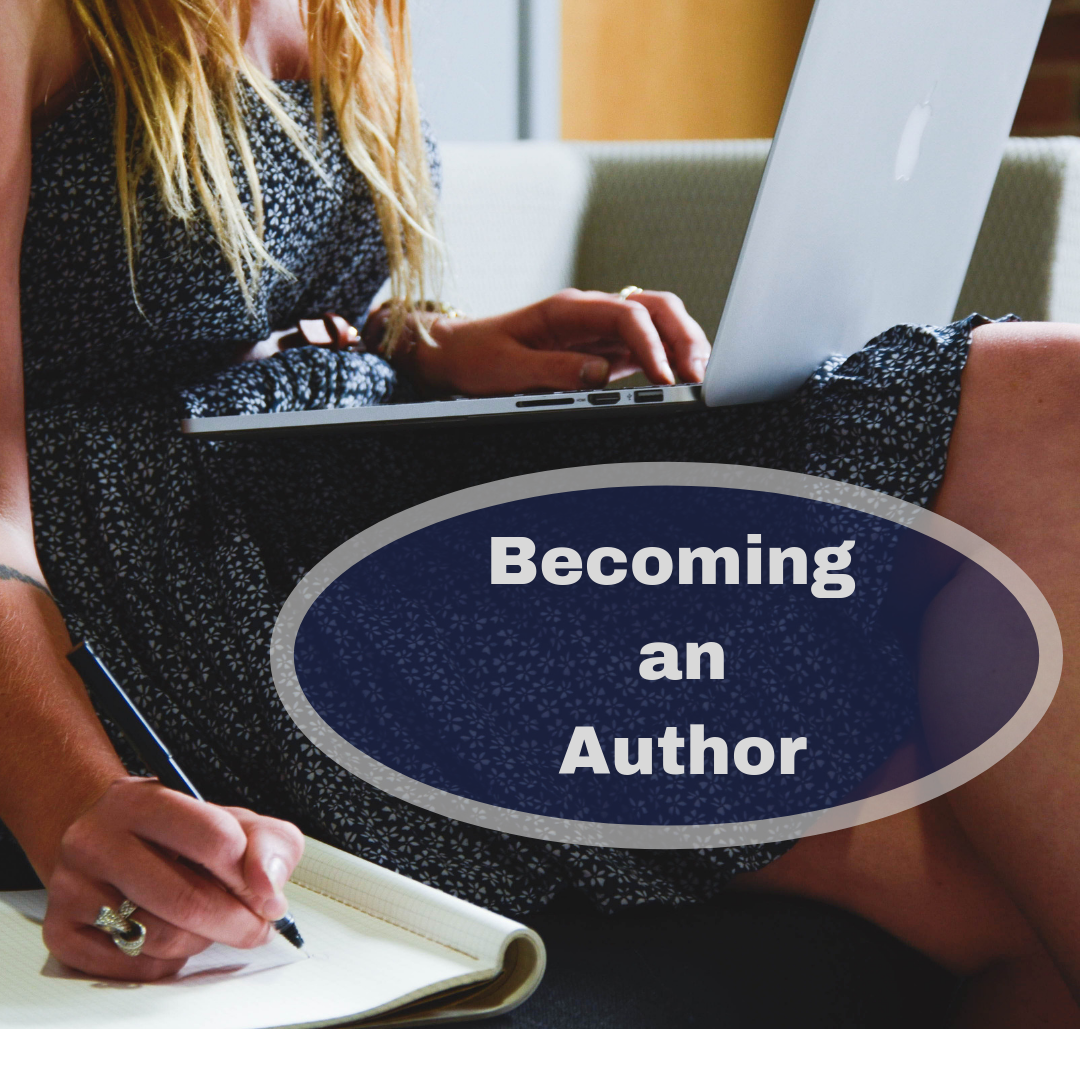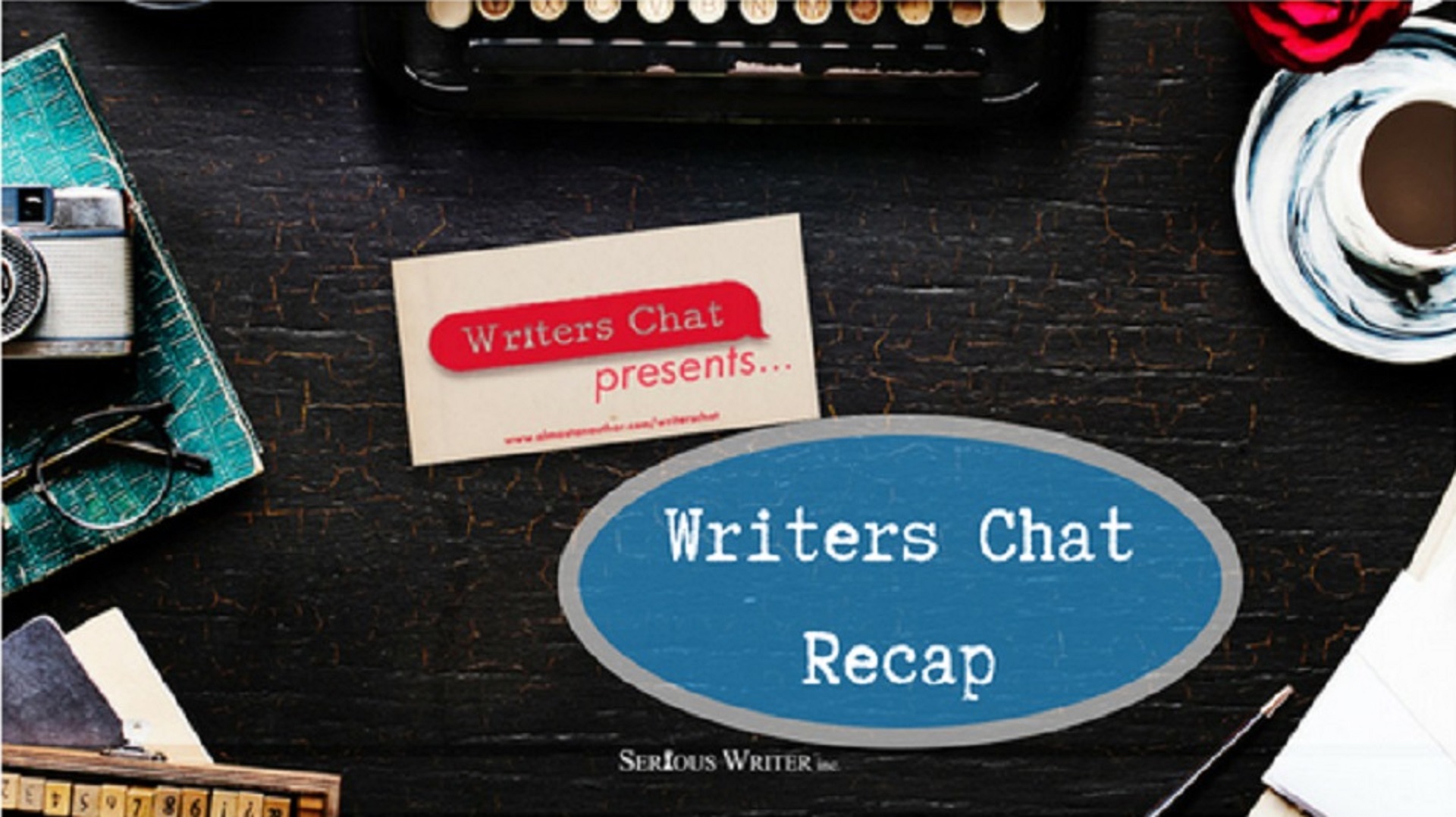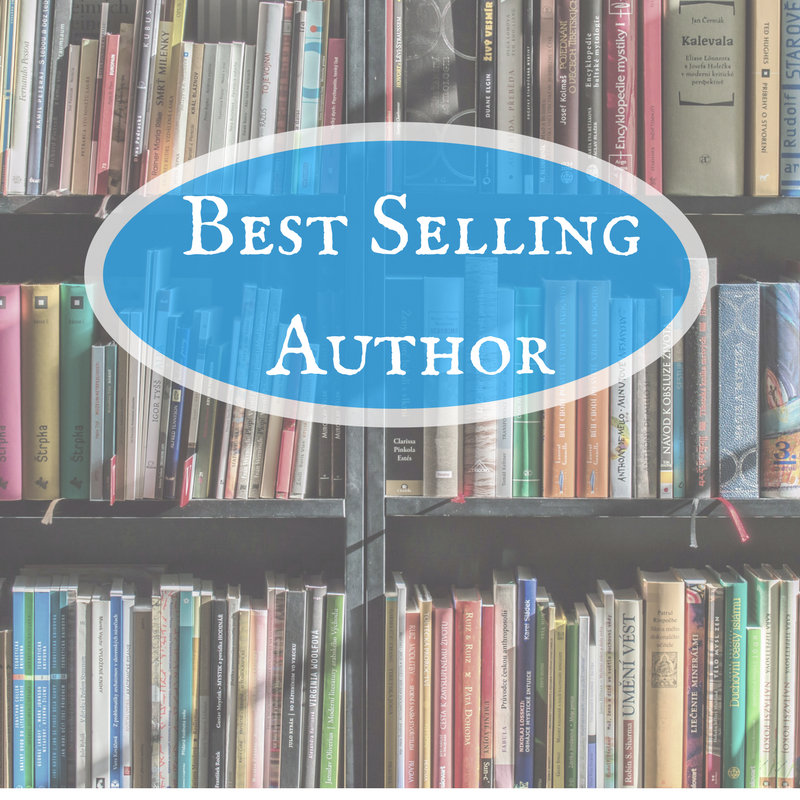
The Importance of Taking Breaks
Writing is hard work. It may not look like writers expend much energy, but we are. Writing saps our…
August 8, 2020
Writing is hard work. It may not look like writers expend much energy, but we are. Writing saps our…
August 8, 2020
Recently I met one of my long-term friends, a publisher of a well-known book company. Speaking about how I…
July 25, 2020
There are a lot of talented authors on the Best Writers Online and Online Writers Rating custom writing reviews…
July 11, 2020
As I mentioned in the previous post, there is much we can learn on the writing craft by studying…
July 9, 2020
In my blog about living intentionally I often talk about decluttering—not just in our homes but in all areas…
July 8, 2020
The Bible point is the bridge between the hook where you began your devotion and the application point at…
June 19, 2020
On its surface, the internet is a wonderful resource to learn about how to sell your book. With a…
June 2, 2020
When I first visited upstate New York several years ago, I kept getting the feeling I’d been there before,…
May 23, 2020
Writers Chat, hosted by Jean Wise, Johnnie Alexander, and Bethany Jett, is the show where we talk about all…
May 15, 2020
As writers, our success is based on creating something others find useful or enjoyable. Which implies our success is…
May 8, 2020
This blog has been such fun. I’ve truly enjoyed writing it, reading what others on A3 wrote, and occasionally…
March 16, 2020
During my last semester of undergrad, I spent a lot of time watching 30 Rock. Like many graduating seniors,…
March 13, 2020
If you are going to be a Christian Living or Devotional author, then you are going to need a…
February 19, 2020
As an adult, writing has been a mainstay of my professional career. I majored in journalism, interned at newspapers,…
February 16, 2020
If you’re like most writers, worldbuilding feels like the province of sci-fi and fantasy authors alone. Sure, it’s crucial…
February 13, 2020
I once did a brief stint as a nanny. I absolutely loved the baby I took care of, but…
February 5, 2020
Writers Chat, hosted by Jean Wise, Johnnie Alexander, and Bethany Jett, is the show where we talk about all…
January 31, 2020
Evelyn Mann has been blogging for eight years, with over 1 million hits sharing her experience as a special…
January 24, 2020
One of my favorite quotes from a fictional character is Anne Shirley’s profound declaration that, “Tomorrow is always fresh,…
January 5, 2020
Can you share a little about your recent book? Burdened by his past, fighter pilot Lt. Adler Paxton battles…
November 1, 2019
Writers Chat, hosted by Jean Wise, Johnnie Alexander, and Bethany Jett, is the show where we talk about all…
October 15, 2019
As a writer, one thing that almost everyone will agree and accept is the fact that without inspiration, it…
October 13, 2019
Writers Chat, hosted by Jean Wise, Johnnie Alexander, and Bethany Jett, is the show where we talk about all…
October 2, 2019
Can you share a little about your recent book? 52 Weekly Devotions for Families Called to Serve provides easy…
October 1, 2019
Writers Chat, hosted by Jean Wise, Johnnie Alexander, and Bethany Jett, is the show where we talk about all…
September 15, 2019